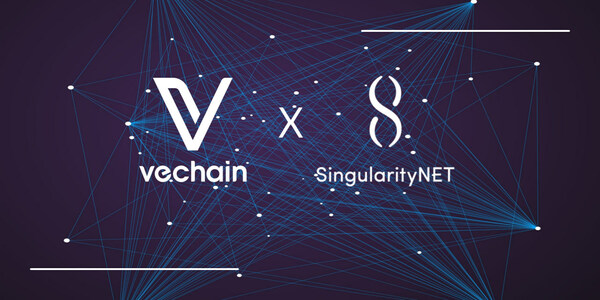The high data-driven nature of IoT (Internet of Things) systems calls for the need for technologies such as edge AI (Edge computing and Artificial Intelligence). Today, businesses realize the fact that edge AI is crucial not only because it is revolutionizing industries but also because it is our ultimate future. The technology gains much attention at present as it enables processing of data at the edge, i.e. directly on the device or on the server near the device instead of the cloud, thereby reducing latency in making critical decisions, increasing the speed of processing tasks and mitigating any delayed communication with the cloud. In addition, it reduces bandwidth requirement and cost by processing it on site. Edge AI also offers high data security as it operates in a closed network, making it difficult to steal information. These, along with many others, are important reasons for businesses to incorporate edge in their applications.
Edge AI finds applications in many areas. Current examples include Amazon’s Alexa or Apple’s Siri, smartphones with face recognition, mapping and cartography in drones, autonomous vehicles, smart speakers, drones and robots. Implementation of edge AI is also seen in various industries such as healthcare, manufacturing, transportation, retail, and more for upgrading their operations to ensure higher productivity, accuracy, efficiency, and safety. Here’s a look:
Edge AI in Healthcare –
Use of edge computing and AI in medicine helps promote patient care and operational efficiency. It also facilitates enhanced data security which is important for smart hospitals to carry out their tasks efficiently. Healthcare firms are able to perform medical tasks such as remote monitoring of patients, diagnostics, precise thermal screening, inventory management, and prediction of ailments.
Edge AI in Manufacturing –
The manufacturing industry implements edge AI to enhance and protect its processes and resources. It also seeks solutions that enhance productivity, quality, and reduce risks. For example, advanced machine vision or video analytics, an example of industrial edge AI, allows to gauge product quality with great precision. It is capable of detecting even the smallest quality deviations that almost go unnoticed with the human eye and predict machine failure to prevent bottlenecks. Thus, it helps avoid downtime and addresses problems that may lead to machine repairs and requirements.
Edge AI in Transportation –
With an aim to create smart cities where roads, vehicles and buildings communicate with one another, many technology companies adopt edge AI to provide smart cameras that assess traffic in real-time to identify obstructions in the road, reckless drivers and other situations.
Edge AI in Retail –
For long, many retail chains have been implementing customer analytics, which is based on an analysis of completed purchases, i.e. receipt data. Even if this technique helps in getting accurate results, the receipt data does not give information about how people move around the store, what they stop to watch, and the like. With the help of video analytics, retail companies can analyze anonymized data extracted from a video image and get informed about people’s purchasing behavior that can improve customer service and the overall shopping experience.
AI application at the edge is seeing a tremendous growth and companies that are investing and embracing this technology are also growing subsequently. This infers that the market for edge AI is growing by leaps and bounds and has a promising future. A report by Allied Market Research predicts that the edge AI processor market is projected to amass $9.6 billion by 2030, registering a CAGR of 16% during the forecast period 2022-2030. The prime factors propelling the market growth are nothing but the benefits offered by Edge AI and the rise in the adoption of electronic items globally.
In a nutshell, AI on the edge is sure to increase opportunities in the future. It is primed to enhance standards across various sectors, be those standards about safety, speed or accessibility.
Author Bio: Sharmistha Bose has always had a keen interest in reading and writing. An engineering graduate, she forayed into the field of writing due to her love for words and the urge to do something different. Allied Market Research has given her the chance to gain knowledge about different subjects as a Specialist Content Writer. She can be reached at sharmistha.bose@alliedanalytics.com





 How to7 years ago
How to7 years ago


 More4 years ago
More4 years ago


 More6 years ago
More6 years ago


 Interview4 years ago
Interview4 years ago


 Other Internet Tech6 years ago
Other Internet Tech6 years ago


 More6 years ago
More6 years ago


 Business Ideas6 years ago
Business Ideas6 years ago







